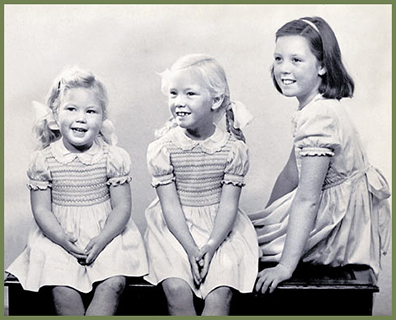How can I tell if the deed is a valid legal transfer of ownership
WHAT IS A DEED?
A deed is the legal name for the document which transfers ownership of real estate. California state law has specific requirements for a deed to be valid. In a typical home sale or transfer, the deed will be prepared by the escrow company or by the attorney handling the transfer. Further, in a typical sale, there is title insurance paid for by the seller and the title insurance company always reviews the deed to make sure that it is legally correct and proper.
 Orange County Estate Planning Lawyer Blog
Orange County Estate Planning Lawyer Blog



 A trust that is typically used to plan for asset transfer for the next generation is known as a “living trust” and is revocable and changeable during the lifetimes of the trust creators. If the trust creators (known as “Trustors” under trust law) have children and/or grandchildren the trust document will explain which children or grandchildren gets which assets and when.
A trust that is typically used to plan for asset transfer for the next generation is known as a “living trust” and is revocable and changeable during the lifetimes of the trust creators. If the trust creators (known as “Trustors” under trust law) have children and/or grandchildren the trust document will explain which children or grandchildren gets which assets and when.
